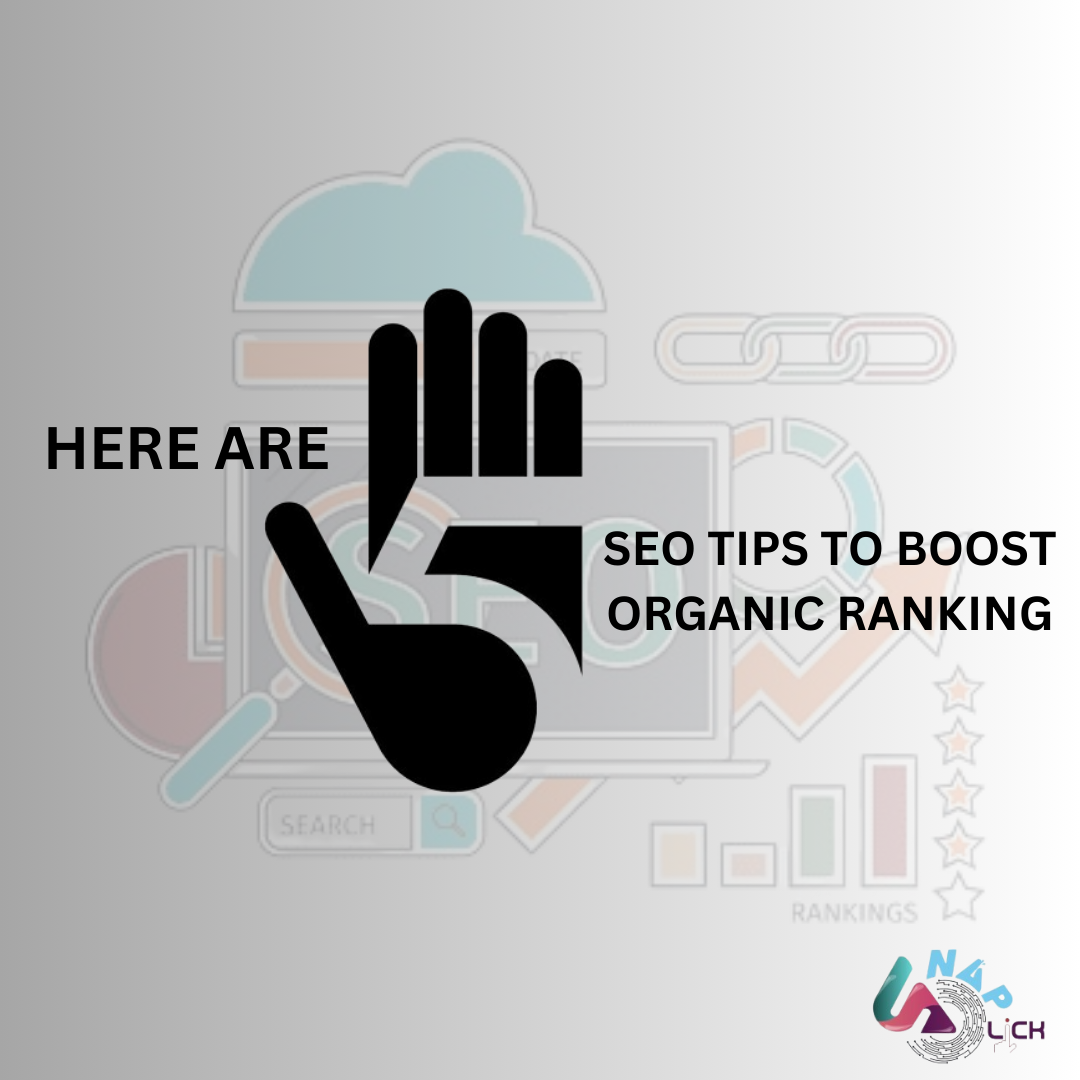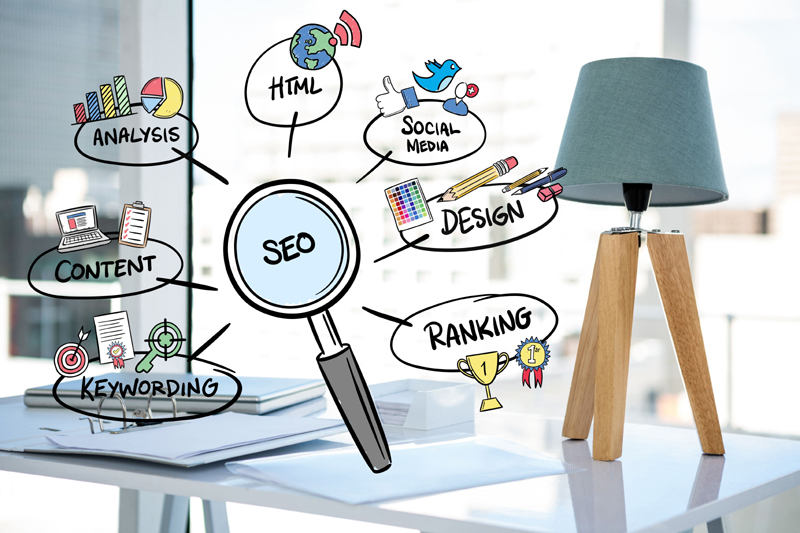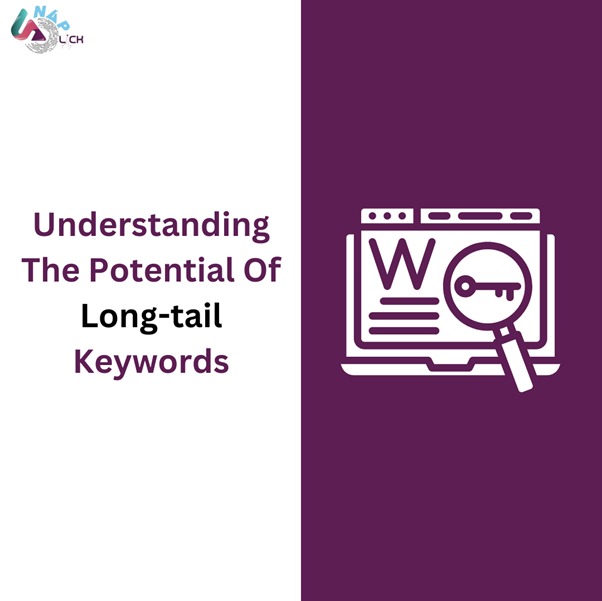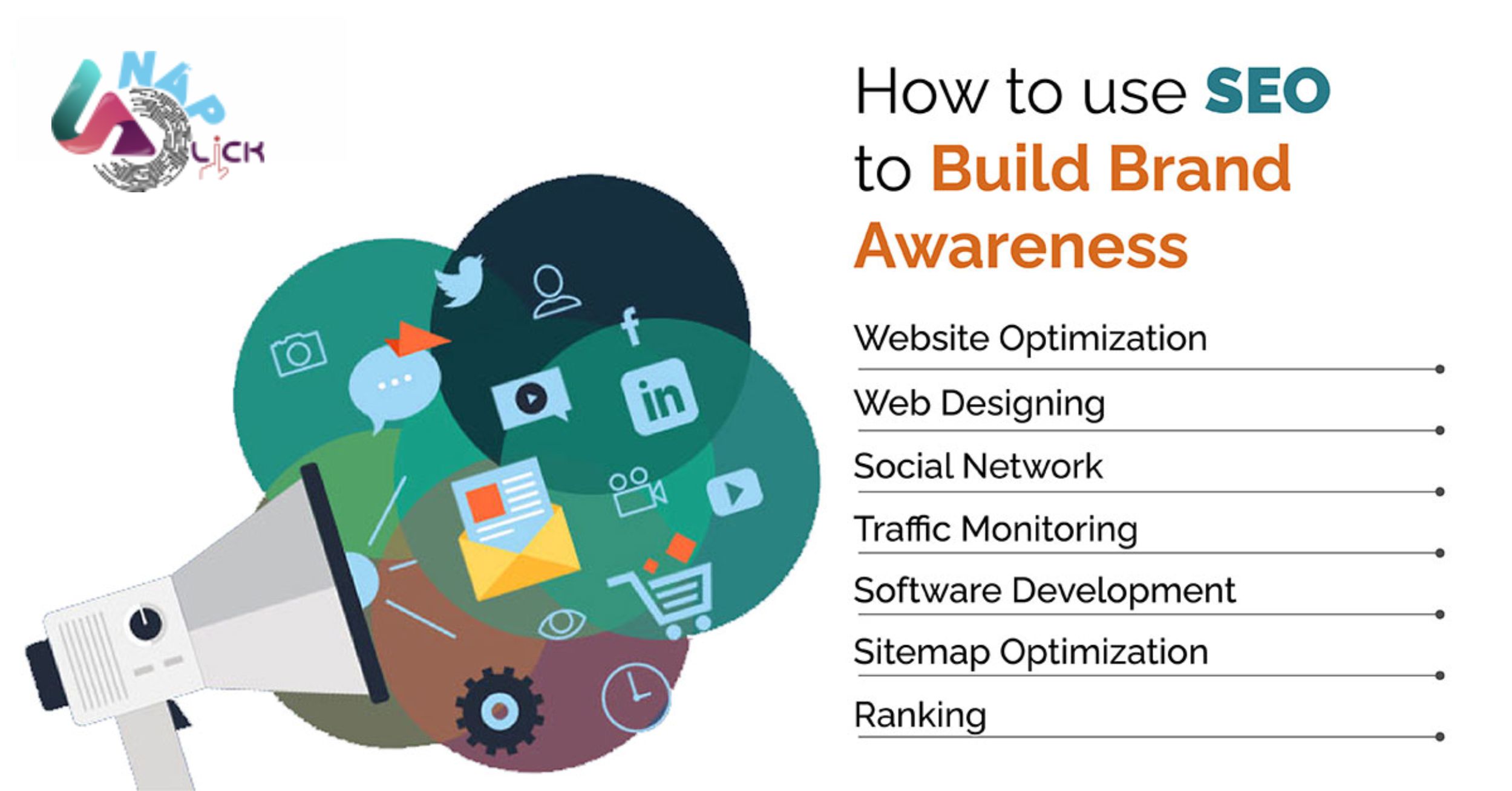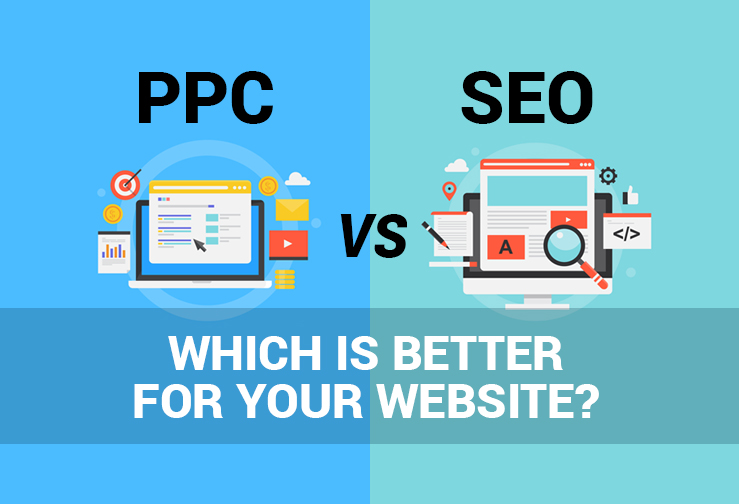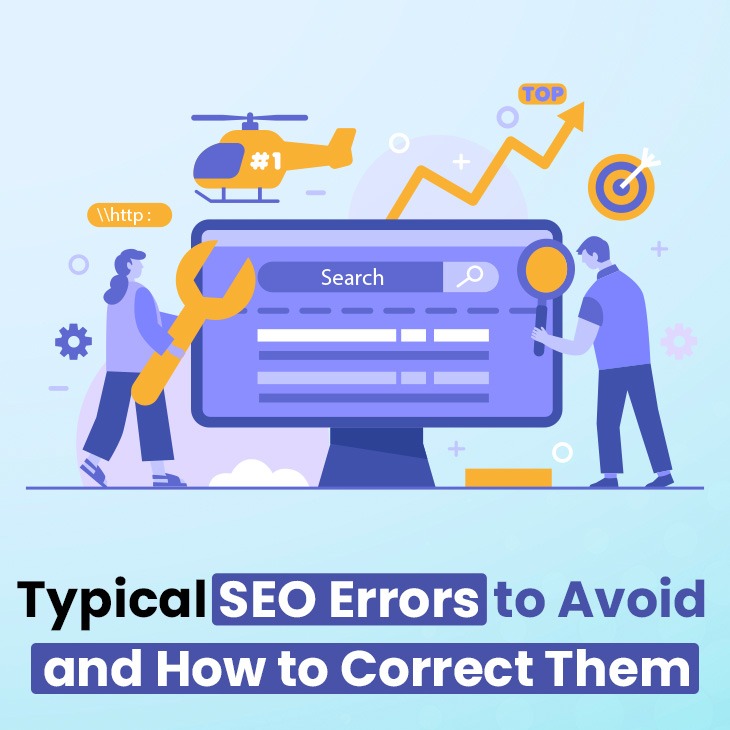
SEO improves a website's search engine ranking. A lot of people make errors that lower their ranks. While some mistakes are simple to correct, others need technical expertise. By avoiding these errors, you may increase the organic traffic to your website and make it more visible.
Errors in SEO might occur at any point. Some are technological, while others have to do with substance. Resolving these problems can improve your website's search engine ranking. Let's examine some of the most common SEO errors and their solutions.
.jpg)
1. Neglecting Technical SEO Problems
Search engines may not effectively index your website due to technical SEO concerns. This may lower traffic and have an impact on rankings. Technical issues may make it difficult for search engines to rank your content, even if it is excellent.
How to Fix It:
- Boost Site Speed: Slow websites may drive away users. Remove superfluous scripts, enable cache, and optimize pictures.
- Fix Broken Links: Both user experience and SEO are negatively impacted by broken links. To locate and correct them, use programs like Screaming Frog.
- Make sure it's mobile-friendly because a lot of people browse on their phones. A mobile-friendly website can lower bounce rates and raise rankings.
- To find out if search engines are having trouble indexing your sites, check for crawl errors using Google Search Console. Resolve crawl issues as soon as possible.
2. Poor keyword optimization
Many people abuse terms. Some utilize them excessively, while others entirely ignore them. Both are frequent SEO blunders to avoid if you want to improve your rankings. Keyword optimization should always be organic and planned.
How To Fix It:
- Use Keywords Naturally – Search engines favor readable material. Don't force keywords into sentences.
- Target long-tail keywords. Short keywords are competitive. Longer phrases can help target certain people.
- Optimize for Voice Search: Many people use voice assistants. Keywords based on questions increase visibility.
- Analyze Search Intent - Keywords should correspond to what users are actually searching for. Research competitive keywords to improve targeting.
3. Low-quality content.
Search engines prioritize useful content. Weak or duplicated material can affect rankings. Readers may also abandon the website rapidly, increasing bounce rates.
How To Fix It:
- Write Original Content: Unique and engaging articles improve SEO and keep readers intrigued.
- Update old posts with new material, keywords, and analytics to keep the content current.
- Use Clear Formatting - Short paragraphs, bullet points, and headings increase reading.
- Avoid AI-Generated Content Without Editing - AI can help with writing, but human editing is required for quality and engagement.
4. Canonical Issues in SEO
Duplicate material confuses search engines. The incorrect URL may get indexed. This might lead to SEO problems and impact rankings. Pages with comparable content may compete against one another, lowering their ranking potential.
How To Fix It:
- Add Canonical Tags - These tags inform search engines which version of a page is correct.
- Set up 301 Redirects: Redirect duplicate pages to a single primary URL.
- Avoid Parameter URLs: Tracking parameters can result in repeated versions of the same page.
- Use Consistent Internal Linking: Link to the selected URL throughout your website to emphasize its relevance.
5. Poor Meta Tags and Descriptions.
Meta tags assist search engines comprehend your website. Weak or absent descriptions may result in fewer clicks. Many websites fail to optimize, resulting in missed traffic chances.
How To Fix It:
- Create Unique Titles: Each page should have a distinct, intriguing title.
- Use Keywords in Descriptions - Properly positioned keywords can boost exposure and relevancy.
- Keep It Short and Clear - For optimum results, meta descriptions should be roughly 150 characters long.
- Avoid Duplicate Meta Tags: Search engines may disregard pages that have similar meta descriptions.
6. Poor internal linking.
Internal links make it easier for visitors and search engines to traverse a website. Many websites have either too few or too many connections. An effective internal linking strategy boosts SEO.
To address this issue, include internal links that direct users to relevant material.
Use Clear Anchor Text: The words in the link should explain the destination page. Avoid Overlinking: Too many links can mislead visitors.
Check for Broken Links - Internal links should always function properly to prevent issues.
7. Not emphasizing user experience (UX)
A positive user experience keeps people on your website. Poor navigation and poor speeds may drive them away. Search engines use UX signals to rank webpages.
How To Fix It:
- Make Navigation Simple - Users should locate what they need quickly.
- Optimize for Speed: Fast-loading pages improve the user experience.
- Make Use of a Mobile-Friendly Design: Users on mobile devices should enjoy a seamless experience.
- Avoid Intrusive Pop-Ups: Too many pop-ups can annoy visitors and harm rankings.
8. Not creating any backlinks
One of the most important factors in SEO ranking is still backlinks. Many websites fail to create high-quality links. Others simply do not care about link building at all.
How To Fix It:
- Earn Links from Trusted Sites - Quality is more important than quantity.
- Avoid Buying (too many) Links: Too many purchased links from irrelevant sites can result in Google penalties.
- Monitor your backlinks and use Google's Disavow tool to remove any damaging links.
- Use Guest Posting: Writing content for other websites will help you get backlinks automatically.
9. Ignoring the importance of local SEO
Local businesses should optimize for location-based searches. Many businesses fail to do this, which might reduce their visibility in search results.
How To Fix It:
- Take Control of Your Google My Business Listing: Make sure your profile is current and has correct information.
- Employ Local Keywords: Incorporate the names of cities or regions into meta descriptions and text.
- Promote client testimonials: Trust and search engine rankings are increased by positive reviews.
- Optimize for "Near Me" Searches: A lot of people search for businesses that are close to them. Make sure your location data is accurate.
Lastly,
Rankings can be raised and traffic can be increased by avoiding the most common SEO errors. Resolving the canonical SEO issue and fixing technical SEO issues could improve the performance of your website. A positive user experience and high-quality content are also very important.
SEO is a continuous procedure. Long-term success requires frequent upgrades, audits, and optimizations. Over time, minor adjustments might result in notable increases in traffic and rankings.



 Aparna Sharma
Aparna Sharma 